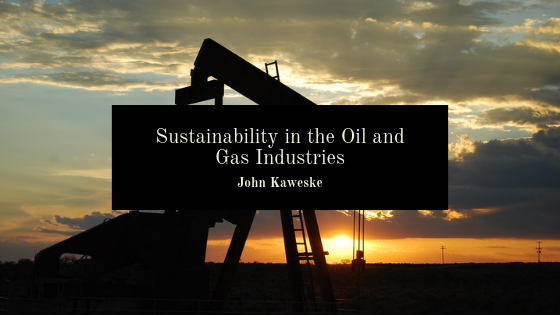The oil and gas industry has faced criticism for decades. Fossil fuels have made energy more available and affordable than ever before. Modern oil and gas are much cleaner and more accessible than older fuel sources like whale oil and coal. However, pollution and other environmental risks that extracting oil and gas entail raising questions among activists and scientists.
There are several examples of why this is. In the late 1980s, the Exxon Valdez spill showed the world the destructive power of fossil fuels in another way. The huge oil spill covered sea birds and other wildlife in sticky, black crude. People were shocked by the level of destruction the oil spill caused. In more recent years, the BP spill in the Gulf of Mexico had a similar effect.
Finally, the specter of fracking looms large over the fossil fuel industry as a whole. Fracking is a newer technology that can have serious impacts on humans and other animals. Fracking involves the pumping of a substance like sand, water or chemicals into shale rock. This has the effect of pushing natural gas to the surface of the ocean, where it can be collected. Fracking is controversial and has been linked by some scientists to an increase in earthquakes and other seismic activity.
Even accidents that seem small can have devastating impacts when it comes to gas and oil extraction. Leaks that last for only 20 or 30 minutes can have serious environmental impacts. Luckily, recent advances in technology have made it possible to monitor these industries more closely than ever. The expansion of the internet has been a big part of this. Smart sensors can be left in the active area. These communicate to engineers from a distance when a problem arises. This means that issues can be detected more quickly than ever before.
Demand for crude oil and natural gas shows no signs of waning. To make the oil and gas industries as sustainable as possible, it’s important to balance the risks with the effectiveness of these fuels. Ongoing research and development into other, cleaner technologies are also important. With pressure from activists and regulators, it’s clear that the fossil fuel industry needs to find effective ways to mitigate its negative impacts.
About The Author
John Kaweske is an Entrepreneur, Consultant, and Biodiesel Expert in Colorado Springs, Colorado. He is the President of Bio Clean Energy, S.A., a biodiesel holding company with diversified assets in the clean energy sector in Sao Paulo, Brazil. In 2018, John and Bio Clean Energy won a $36 million contract with the Bolivian Government, sparking his incredible start in the clean energy sector. Today, John Kaweske continues his work in business, and maintains a monthly meditation blog.

